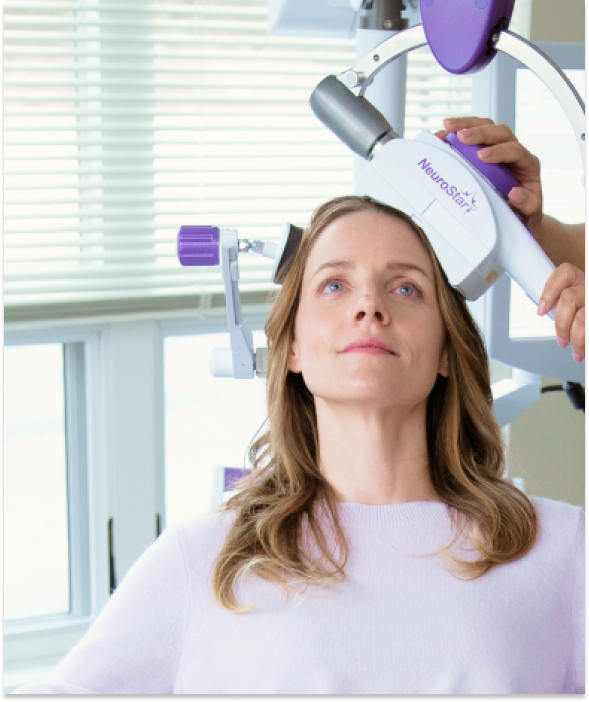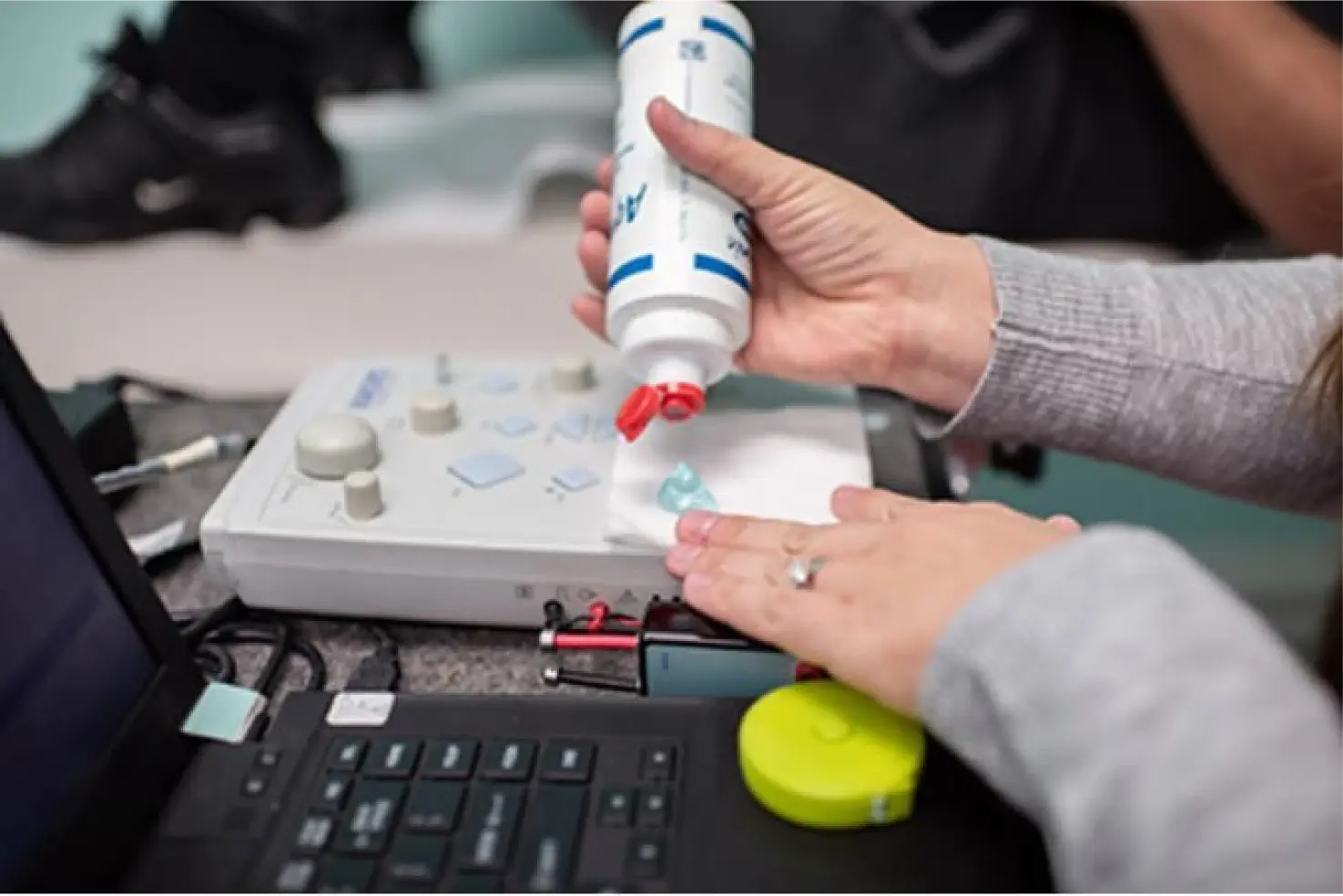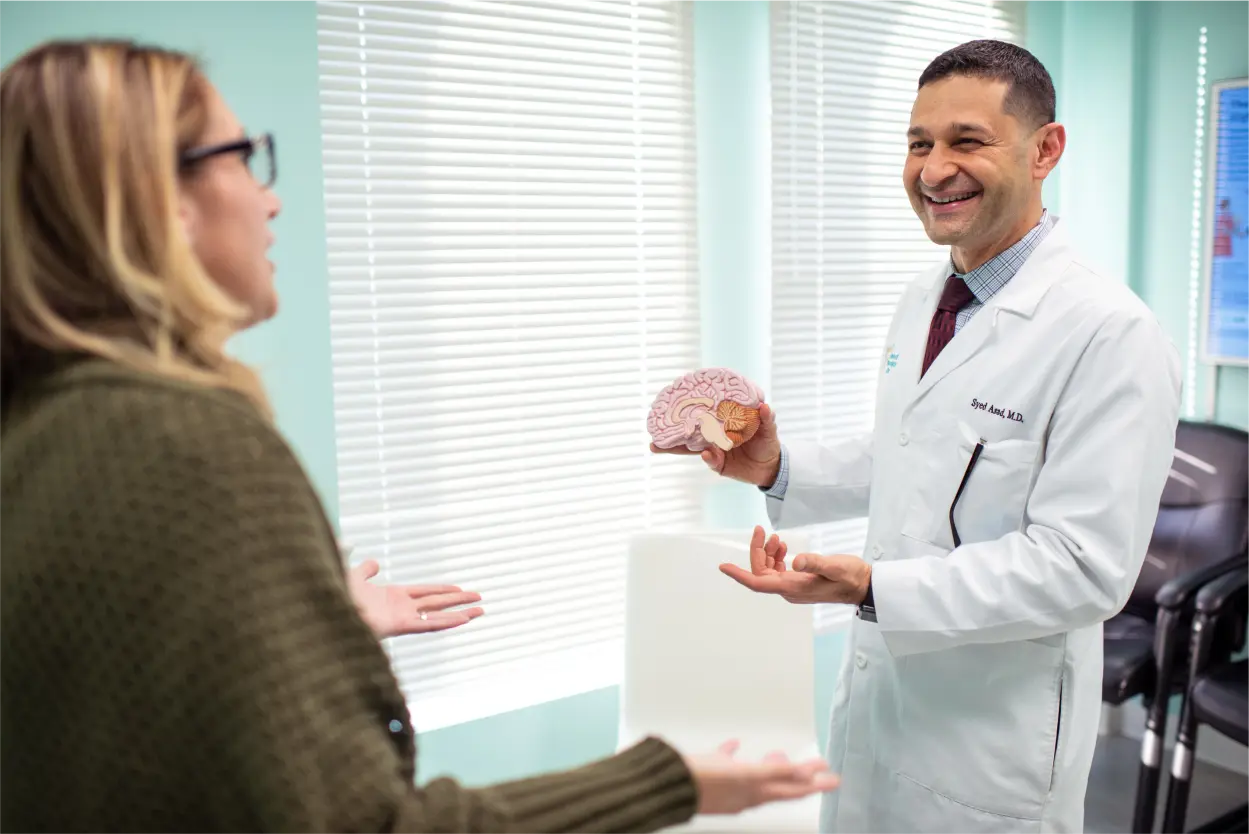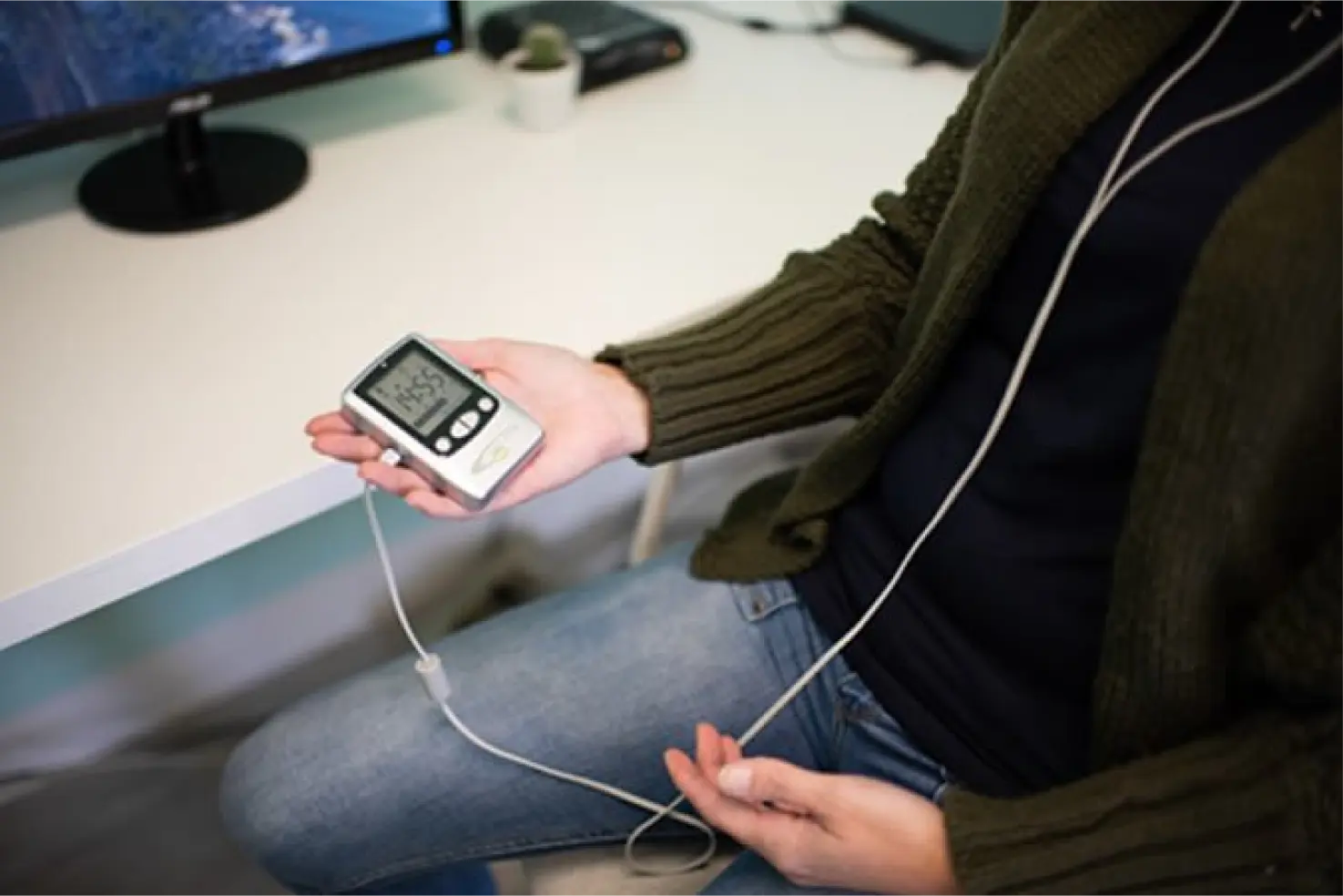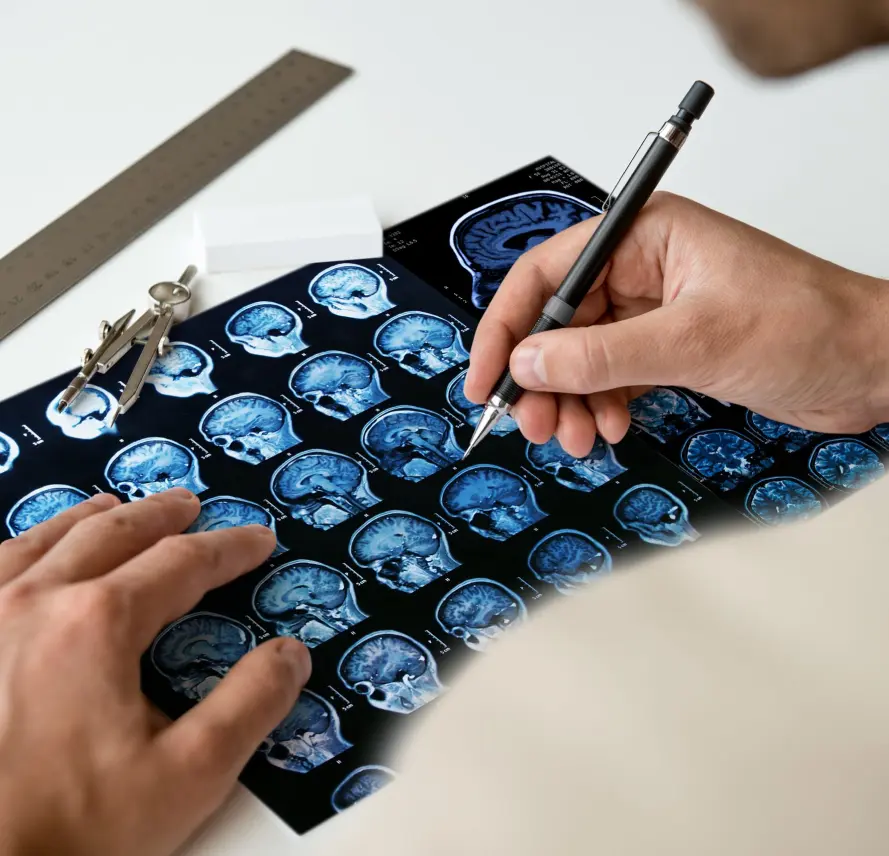BOTOX/Neurotoxin Chemodenervation
BOTOX, short for Botulinum Toxin, is a neurotoxic protein derived from the bacterium Clostridium botulinum. When used in a controlled and medical setting, BOTOX injections can help neurological patients by temporarily blocking nerve signals to specific muscles, leading to muscle relaxation. This ability to induce muscle paralysis is particularly valuable in treating conditions such as dystonia, spasticity, and chronic migraine headaches, as it can alleviate muscle stiffness, reduce involuntary movements, and relieve debilitating pain associated with neurological disorders. BOTOX injections provide symptomatic relief and improved quality of life for many individuals with neurological conditions by targeting the underlying muscle dysfunction. At Universal Neurological Care we specialize in using BOTOX for Chronic Migraines, Cervical Dystonia, and Spasticity related to strokes and brain injury.
Schedule an Appointment
Sphenopalatine Ganglion Nerve Block (SPG)
A Sphenopalatine Ganglion Nerve Block is a medical procedure that involves the targeted administration of anesthetic or medication to the sphenopalatine ganglion, a cluster of nerves located in the nasal cavity. This procedure is used to help neurological patients by disrupting or modulating pain signals associated with conditions like cluster headaches, migraines, trigeminal neuralgia, and other facial pain disorders. By temporarily blocking or altering the activity of the sphenopalatine ganglion, the nerve block can provide significant relief from severe head and facial pain, reducing the frequency and intensity of debilitating neurological symptoms and improving the patient's overall quality of life.
Schedule an Appointment
Trigger Point Injections (TPI)
Trigger Point Injections (TPI) are a therapeutic procedure in which a healthcare provider injects a local anesthetic, often combined with a corticosteroid, into specific trigger points in muscles or soft tissues. This procedure is beneficial for neurological patients by addressing the underlying muscular pain and discomfort commonly associated with conditions like myofascial pain syndrome, fibromyalgia, and tension-type headaches. By targeting these trigger points, TPI can relax muscle knots, reduce muscle spasms, and alleviate pain, promoting improved mobility and function. This approach helps neurological patients manage their symptoms more effectively, enhance their overall well-being, and complement other treatments in their neurological care plans.
Schedule an Appointment
Occipital Nerve Blocks (ONB)
Occipital Nerve Blocks are a medical procedure in which a healthcare provider injects a local anesthetic and often a corticosteroid into the occipital nerves, located at the back of the head near the base of the skull. These injections are used to assist neurological patients by relieving pain associated with conditions such as occipital neuralgia, chronic migraines, and tension headaches. By temporarily numbing or reducing inflammation in the occipital nerves, these blocks can provide significant pain relief and reduce the frequency and severity of debilitating headaches or neuralgic symptoms, ultimately improving the patient's quality of life and enabling better management of their neurological condition.
Schedule an Appointment
Acupuncture
Acupuncture is an ancient Chinese medical practice that involves inserting thin needles into specific points on the body to stimulate and balance the body's energy flow, known as Qi. In the context of neurological patients, acupuncture can be used as a complementary therapy to help manage symptoms such as migraines, chronic pain, neuropathy, and neurological disorders like multiple sclerosis or Parkinson's disease. By targeting specific acupuncture points, it is believed to promote the release of natural pain-relieving chemicals in the body, reduce inflammation, improve circulation, and modulate the nervous system, which can result in reduced pain, improved motor function, and enhanced overall well-being for neurological patients. While the exact mechanisms are still being studied, many patients report benefits from acupuncture as part of their holistic approach to neurological care.
Schedule an Appointment
